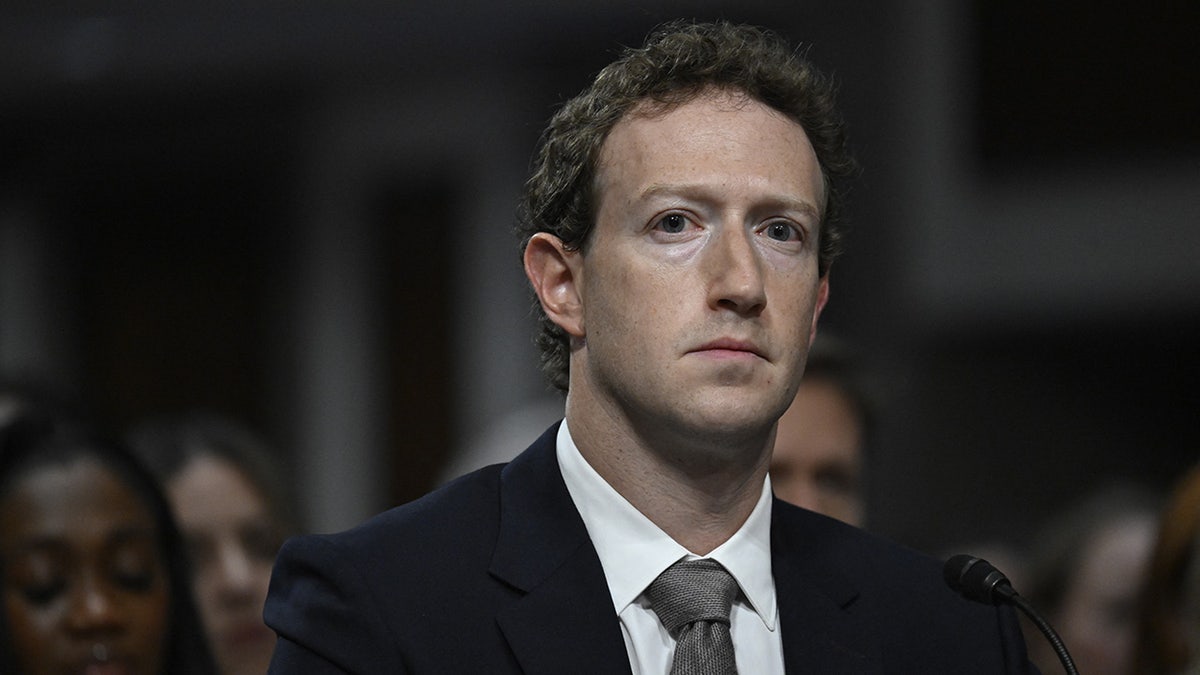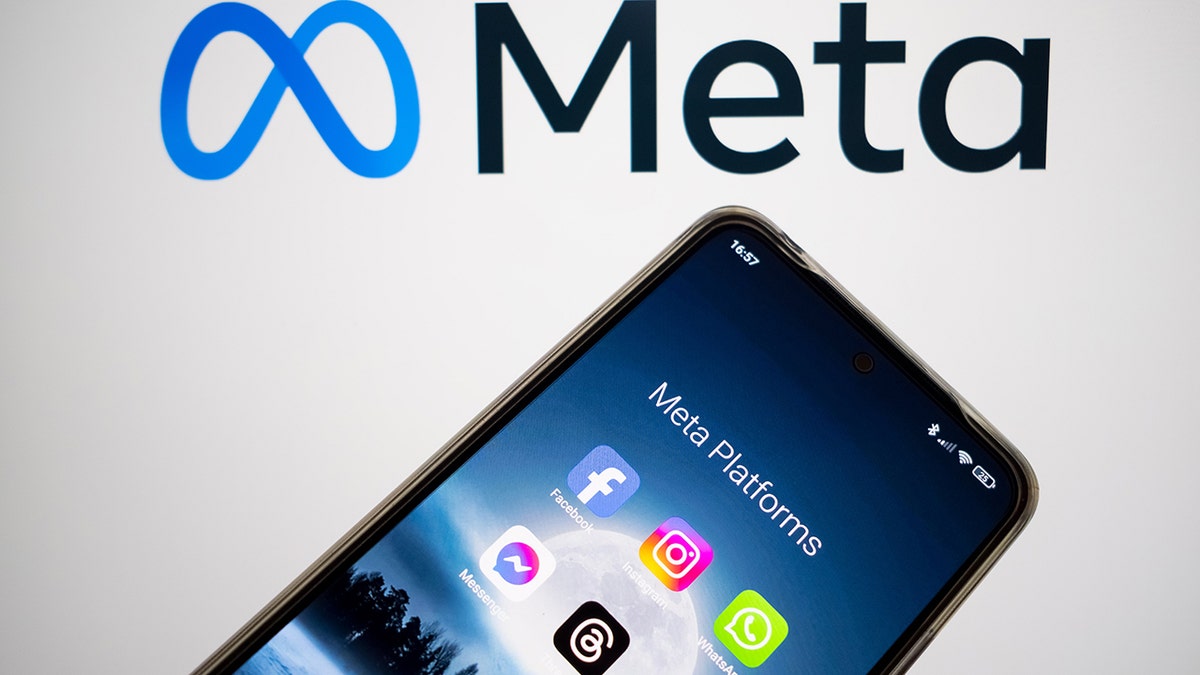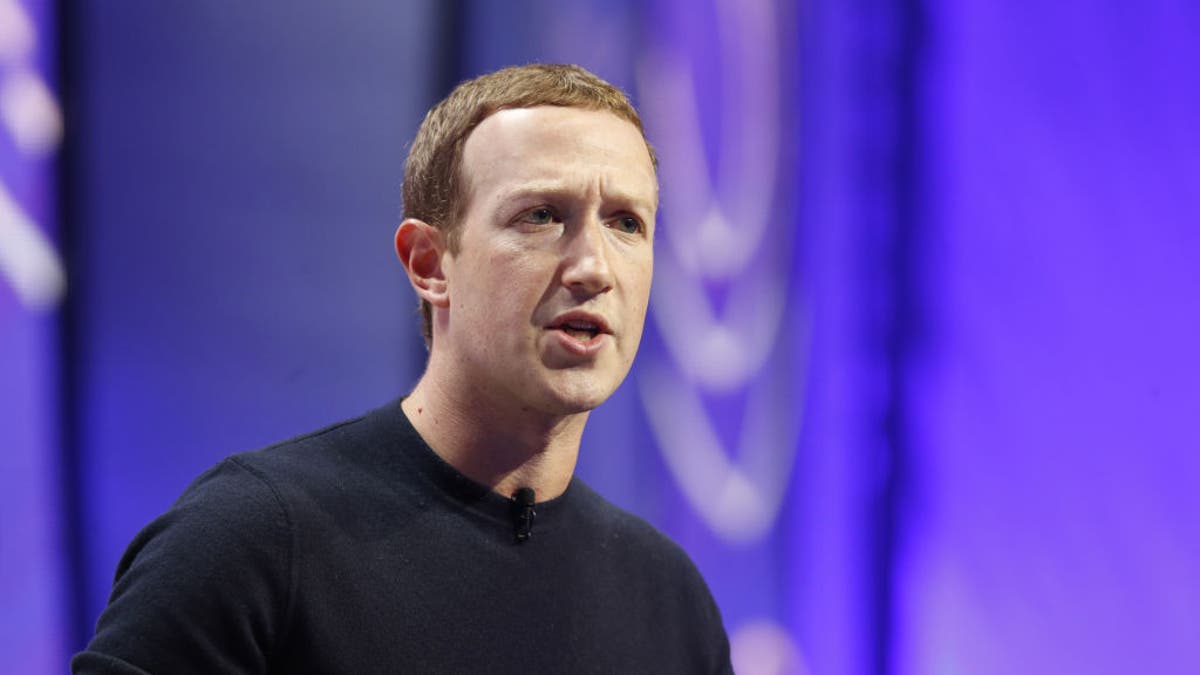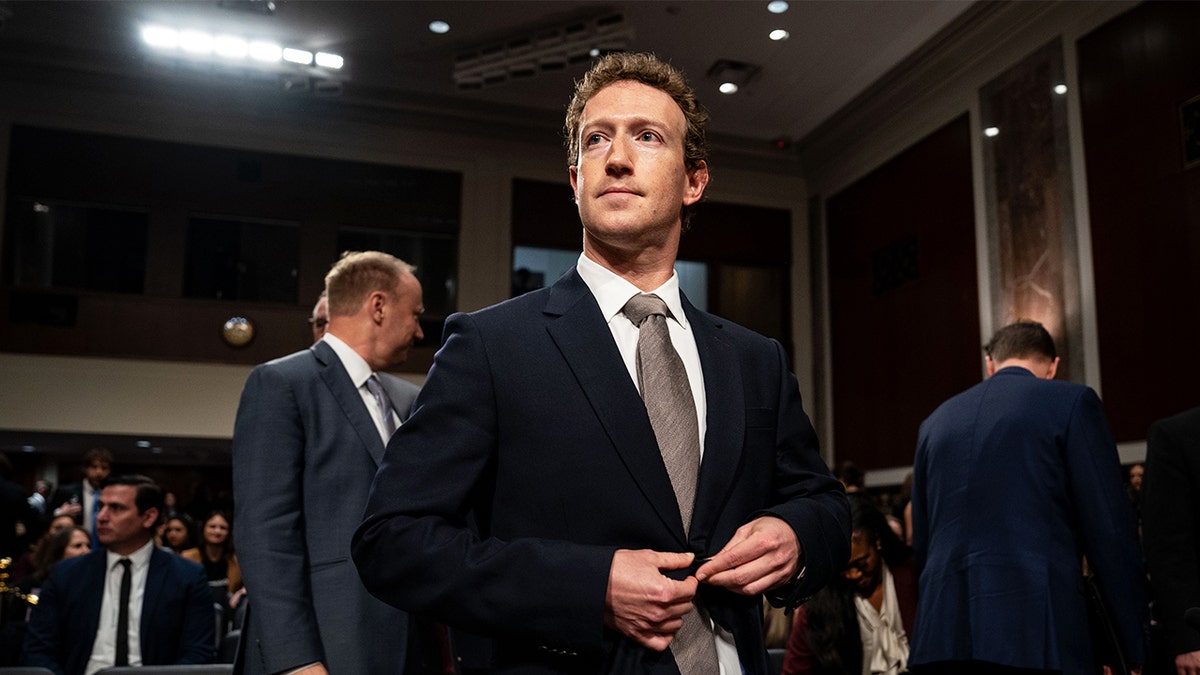Meta CEO Mark Zuckerberg's previous comments about censorship have resurfaced following his decision End fact checking on its US platformsrevealing a long timeline of seemingly contradictory positions that seem to have put him at odds with his company.
As controversy escalated over his refusal to fact-check political ads in 2019, Zuckerberg stressed that Facebook does not support censorship of its users, citing his belief that people have the right to “make their own decisions” based on the content at hand.
“I don’t think a private company should be censoring politicians or the news.” Zuckerberg said in an interview with CBS: at that time.
“I think in general that as a principle, people should decide what is credible, what they want to believe and who they want to vote for, and I don't think that should be something we want from tech companies, or any kind of company.” another company (to do),” He said in an interview with Fox News In the same year.
He also gave a speech at Georgetown University in 2019, criticizing China for stifling freedom of expression online.

Meta CEO Mark Zuckerberg arrives to testify before the US Senate Judiciary Committee hearing, “Big Tech and the Online Child Sexual Exploitation Crisis,” in Washington, D.C., on January 31, 2024. (Andrew Caballero-Reynolds/AFP via Getty Images)
In 2020, Zuckerberg reiterated his position, saying in a later interview with Fox News: “I strongly believe that Facebook should not be the arbiter of the truth of everything people say online. Private companies probably shouldn't be, especially these companies.” . Platform companies should not be in a position to do this.”
Trump says Meta has “come a long way” after Zuckerberg ended fact-checking on platforms
But just a month after that appearance, Zuckerberg's Meta, then Facebook, announced that it was expanding its fact-checking program in the United States. promoting it at the time As a “key part of our strategy to limit the spread of misinformation” on the platform.
Following the Capitol riots on January 6, 2021, Facebook banned then-President Trump from using the social media site. The company did not reinstate Trump's account until January 2023.
In April 2024, Zuckerberg He confessed in a letter Facebook has been pressured by the Biden-Harris administration to censor Americans regarding COVID-19 content. Zuckerberg said he did not support the decision, although he acknowledged it, and expressed his remorse for yielding to pressure from Biden officials.
The tech mogul's previous comments were thrust back into the spotlight this week after he announced that Meta was lifting restrictions on expression to “restore freedom of expression” across the Facebook and Instagram platforms and Meta by ending its third-party verification program, acknowledging that its content moderation practices have gone viral. To a “very far” extent.
Meta's fact-checking software was first implemented after the 2016 election, and was used to “moderate content” and misinformation on its platforms, largely due to “political pressure,” executives said.

Meta pads are displayed on a smartphone screen, with the Meta logo visible in the background in Chania, Greece, on August 9, 2024. (Nicholas Kokovelis/Noor Photo via Getty Images)
At the time of Zuckerberg's announcement on Tuesday, ten prominent fact-checking organizations were working with the company to moderate political content in the United States.
Reuters, USA Today, The Dispatch, PolitiFact, Agence France-Presse US, Check Your Fact, Factcheck.org, Lead Stories, Science Feedback, and ElDetector Univision comprise a team of third-party fact-checking partners, Facebook confirmed to Fox News. digital.
They were asked to prioritize “provable false claims, especially those that are timely, highly popular and consequential. They do not prioritize claims that are insignificant or contain only minor errors,” the report said. Meta 2024 press release.
Many of these organizations lamented Zuckerberg's decision to cancel their show on Tuesday, criticizing his attempt to avoid online bias as misguided and surprising.
Lead story editor Martin Schenk expressed his disappointment and disapproval of the move, noting that he was only informed of the discontinuation of the partnership through media reports of Zuckerberg's decision to cut the program.

Mark Zuckerberg, CEO and founder of Facebook Inc., speaks during the Silicon Slopes Tech Summit in Salt Lake City, Utah, US, on Friday, January 31, 2020. (George Fry/Bloomberg via Getty Images)
“Lead Stories was surprised and disappointed to first learn through media reports and press release about the end of Meta’s third-party fact-checking partnership that Lead Stories has been a part of since 2019.” He wrote on Tuesday.
Facebook's fact-checker, which employs several former CNN alumni including Alan Duke and Ed Payne, has become one of the most prominent fact-checkers Facebook has used in recent years.
PolitiFact similarly mocked the move, which ended their eight-year partnership with Meta, noting that Meta first hired them to “identify false information and hoaxes on its platforms.”
Neil Brown, president of the Poynter Institute, the journalism nonprofit that owns PolitiFact, called Zuckerberg's statement “disappointing.”
“It perpetuates a misunderstanding of his platform,” Brown said of Zuckerberg's statement. “Facts are not censorship. Fact-checkers never censored anything. Meta always carried the papers. It is time to stop using inflammatory and false language in describing the role of journalists and fact-checkers.”
Agence France-Presse, a global news agency based in Paris, said it had also learned that Zuckerberg was canceling the program at the same time as the public.
“It is a severe blow to the fact-checking and journalism community. We are assessing the situation.” They told Reuters.
It was Zuckerberg's decision It is widely celebrated by conservativeswho became frustrated with fact-checkers after a number of questionable practices sparked outrage from media pundits and right-leaning netizens. In recent years, some have accused fact-checking sites of acting as shields for the Democratic Party, with partisan intentions.
“Blood on Your Hands:” a look at Mark Zuckerberg's tense moments in congressional hearings

A PolitiFact executive took a shot at Meta CEO Mark Zuckerberg for announcing the end of fact-checking on his social media platforms. (Kent Nishimura for Getty.)
Conservative KTTH radio host Jason Rantz once described PolitiFact as “Democratic Party operatives who chose to weaponize what should be truly objective analysis” after the organization published several hotly contested fact-checks against Republicans.
Rantz at the time The organization said It was one of the most “transparently partisan” sites available, and is often used by left-wing media to amplify political propaganda.
When asked about the 2022 accusation, PolitFact managing editor Katie Sanders said the fact-checking site She stood by her reports.
President-elect Donald Trump has often complained about fact-checkers Complaining about people Behind the practice of moderation throughout the 2024 campaign. He celebrated Zuckerberg's decision to end third-party fact-checking at Meta on Tuesday, telling Fox News Digital that the company has “come a long way.”
Before Tuesday's announcement, Mita Described over and over again Third-party validation initiative as an effective system to “reduce the spread of misinformation and provide more reliable information to users.”
They said that all organizations are obligated to do so Code of principles It was formulated by the International Fact-Checking Network (IFCN), which includes qualities such as “neutrality, fairness, transparency of sources, transparency of funding and regulation, and an open and honest corrections policy.”
Meta's web page promoting the program remains active as of Wednesday, though Zuckerberg blamed the participating organizations for taking their moderation practices “too far.”
In the video announcing the end of the program, Zuckerberg pledged to “return to our roots and focus on reducing errors, simplifying our policies, and restoring freedom of expression on our platforms.”
Joel Kaplan, Meta's chief global affairs officer, praised the move as “a great opportunity for us to strike the balance in favor of freedom of expression” on “Fox & Friends” on Tuesday.
“We went to independent, third-party fact-checkers,” he later said He told Fox News Digital. “It's become clear that there's a lot of political bias in what they choose to fact-check, because, essentially, they have to fact-check everything they see on the platform.”
“We want to make sure that speech can happen freely on the platform without fear of censorship,” Kaplan added. “We have the power to change the rules and make them more supportive of free speech. We don't just change the rules, we actually change how the rules are enforced.”
CLICK HERE TO GET THE FOX NEWS APP
Kaplan said Meta is “completely ending that” and will replace it with a “community feedback” form similar to the one used at X, previously Twitter.
It appears that Meta's global fact-checking program will continue to operate without interruption. The company did not respond when asked about the future of the global program by Fox News Digital.
Fox News' Brooke Singman and Nicholas Lanum contributed to this report.



